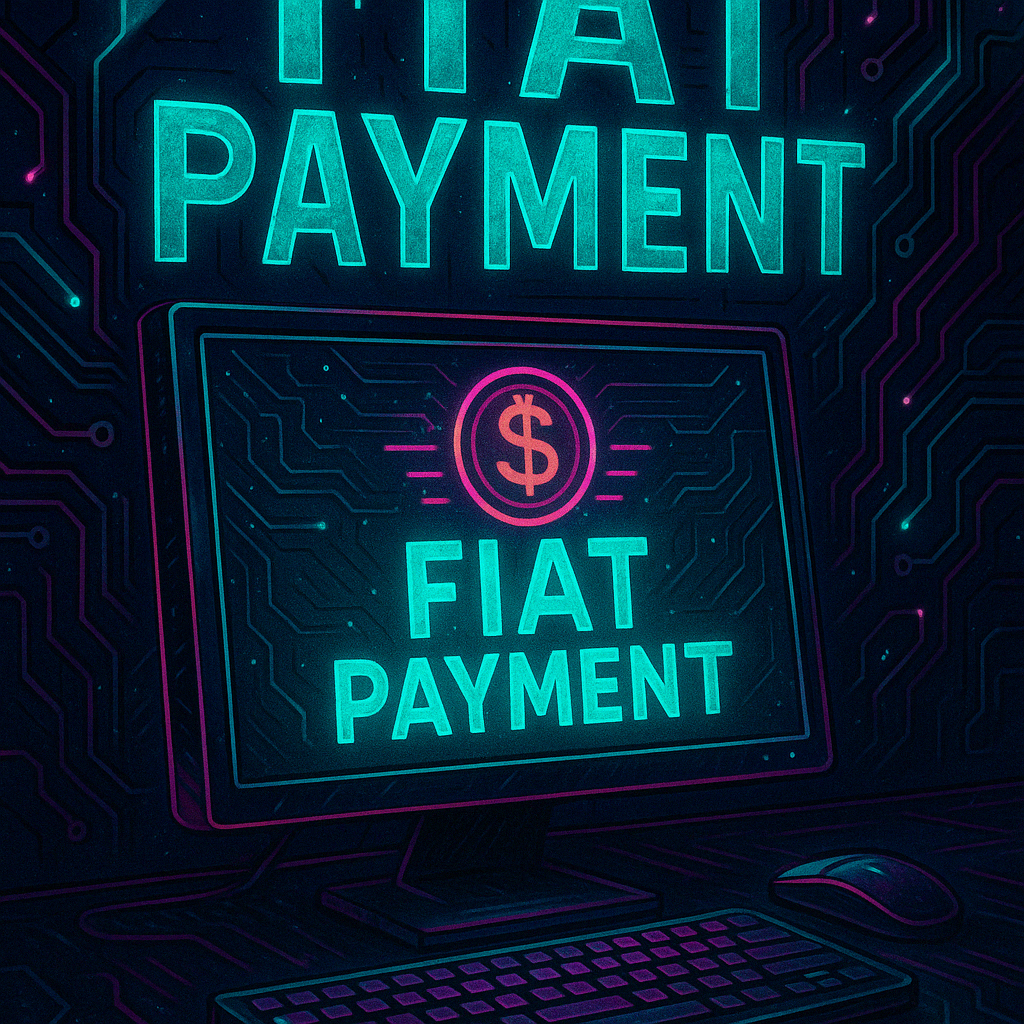Crypto Payment Acceptance Infrastructure: Building the Backbone of Digital Commerce
June 8, 2025 | by 16squaresmaster@gmail.com

The global shift toward cryptocurrency is transforming how value is exchanged — from retail purchases to B2B transactions. As digital currencies become more mainstream, businesses must adopt robust crypto payment acceptance infrastructure to meet customer demand and stay competitive.
A well-designed infrastructure enables merchants to securely and efficiently accept, process, and manage crypto payments at scale — unlocking global markets and reducing transaction costs while minimizing operational risks.
What Is Crypto Payment Acceptance Infrastructure?
Crypto payment acceptance infrastructure is the collection of technologies, tools, and services that allow businesses to:
- Accept cryptocurrency payments in multiple coins
- Verify and settle transactions in real time
- Convert crypto to fiat or stablecoins
- Manage payment operations, including invoicing, reconciliation, and refunds
- Comply with regulations through KYC/AML and tax reporting
It provides an integrated stack of hardware and software components that bridge the decentralized world of blockchain with traditional business workflows.
Why Crypto Acceptance Infrastructure Matters
| Benefit | Description |
|---|---|
| Global Reach | Accept payments from any customer worldwide |
| Lower Fees | Avoid high credit card or cross-border transfer fees |
| Fast Settlement | Receive funds in minutes instead of days |
| No Chargebacks | Blockchain transactions are irreversible |
| Currency Flexibility | Accept dozens of cryptocurrencies and stablecoins |
| Brand Innovation | Position your business as modern and forward-thinking |
Key Components of Crypto Payment Acceptance Infrastructure
| Component | Function |
|---|---|
| Payment Gateway | Bridges blockchain payments with merchant systems (e.g., BitPay, NOWPayments) |
| Merchant Account | Manages settlements, reporting, and integrations |
| Wallet Infrastructure | Custodial or non-custodial wallet setup for receiving crypto |
| Conversion Engine | Auto-converts crypto to fiat or stablecoins to mitigate volatility |
| Integration Tools | APIs, e-commerce plugins, hosted checkout pages, POS terminals |
| Compliance & Reporting | Provides KYC/AML, tax tools, and audit-ready reporting |
How It Works
- Customer selects crypto at checkout
- Payment gateway displays supported coins
- Customer sends payment via wallet or QR scan
- Gateway monitors the blockchain and confirms transaction
- Funds are settled in crypto or converted to fiat
- Merchant dashboard updates, enabling reconciliation and reporting
Multi-Channel Acceptance
| Channel | Solution |
|---|---|
| E-Commerce | Shopify, WooCommerce, Magento plugins |
| POS Terminals | In-store QR payments with crypto POS devices |
| Mobile Apps | Accept crypto in iOS and Android apps |
| B2B Transactions | Invoice-based crypto payments and settlements |
| Cross-Border Payments | Crypto rail-powered international settlements |
Leading Providers of Crypto Acceptance Infrastructure
| Provider | Highlights |
|---|---|
| BitPay | Full-stack infrastructure with fiat conversion and invoice tools |
| CoinsPaid | Enterprise-grade payment suite with compliance features |
| NOWPayments | Non-custodial multi-crypto solution with recurring billing support |
| CoinGate | E-commerce, POS, and API-based payment acceptance |
| BTCPay Server | Self-hosted, privacy-focused open-source gateway |
| Whitepay | POS terminals and e-commerce modules for crypto-friendly regions (EU, CIS) |
Challenges & Solutions
| Challenge | Solution |
|---|---|
| Crypto Volatility | Settle in stablecoins (USDT, USDC) or auto-convert to fiat |
| High Network Fees | Use Layer-2 networks or low-fee chains (Polygon, Arbitrum, Solana) |
| Compliance Requirements | Work with providers offering KYC/AML and tax reporting tools |
| UX Complexity | Provide clear guidance and support in checkout flow |
The Future of Crypto Payment Acceptance Infrastructure
- Cross-Chain Payments: Accept payments from any blockchain with seamless conversion.
- Wallet-Native Checkout: One-click payments via MetaMask, WalletConnect, or mobile wallets.
- Streaming & Programmable Payments: Support for DeFi-native payment flows (Superfluid, Sablier).
- AI-Driven Payment Routing: Optimize for lowest fees and fastest confirmation times.
- Embedded Loyalty & Identity: Reward customers with on-chain loyalty tokens or NFTs.
Conclusion
Crypto payment acceptance infrastructure is the foundation for enabling seamless digital commerce in a borderless world. By adopting the right stack of technologies and tools, businesses can offer fast, secure, and flexible payment options that attract modern consumers and open new revenue streams.
As crypto adoption continues to accelerate, merchants with a robust infrastructure will be poised to lead the next era of global commerce.
RELATED POSTS
View all


